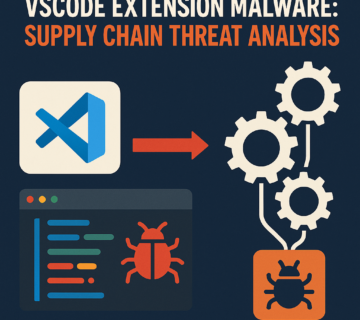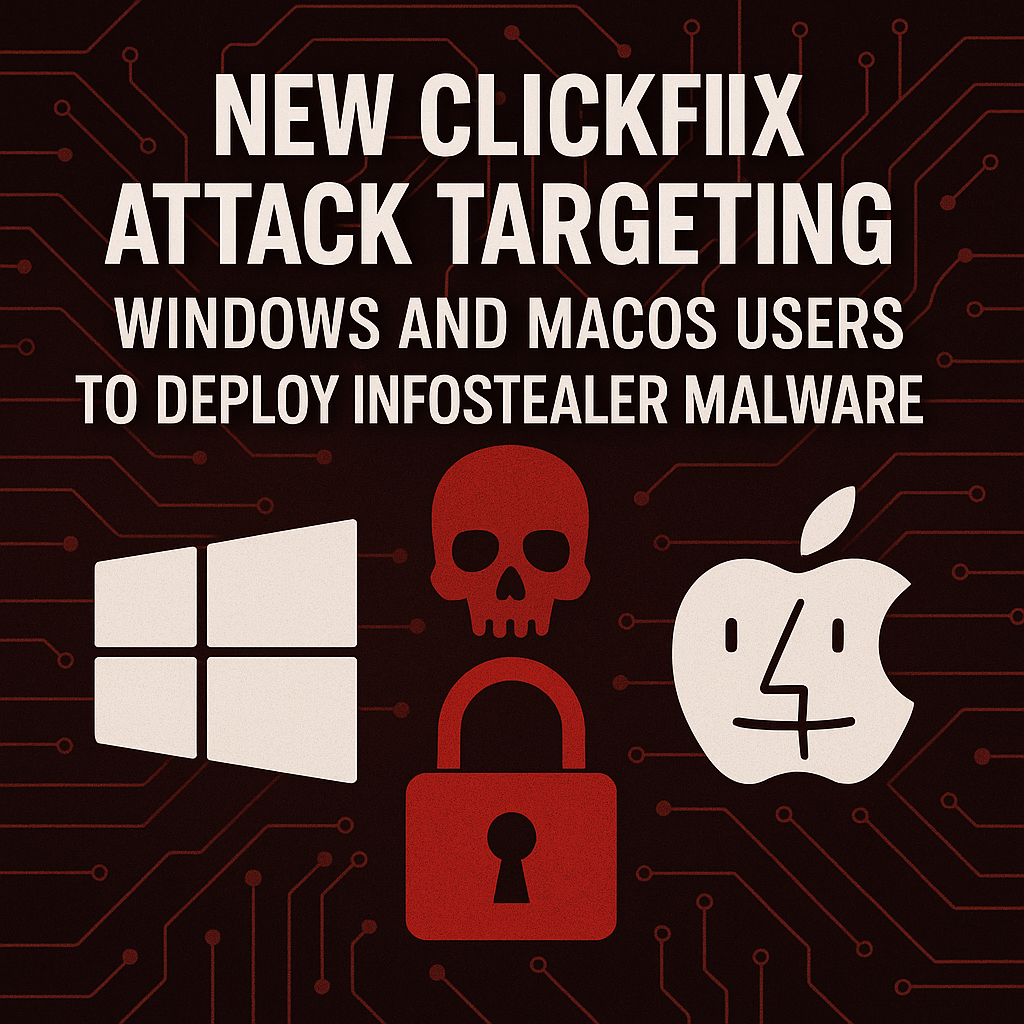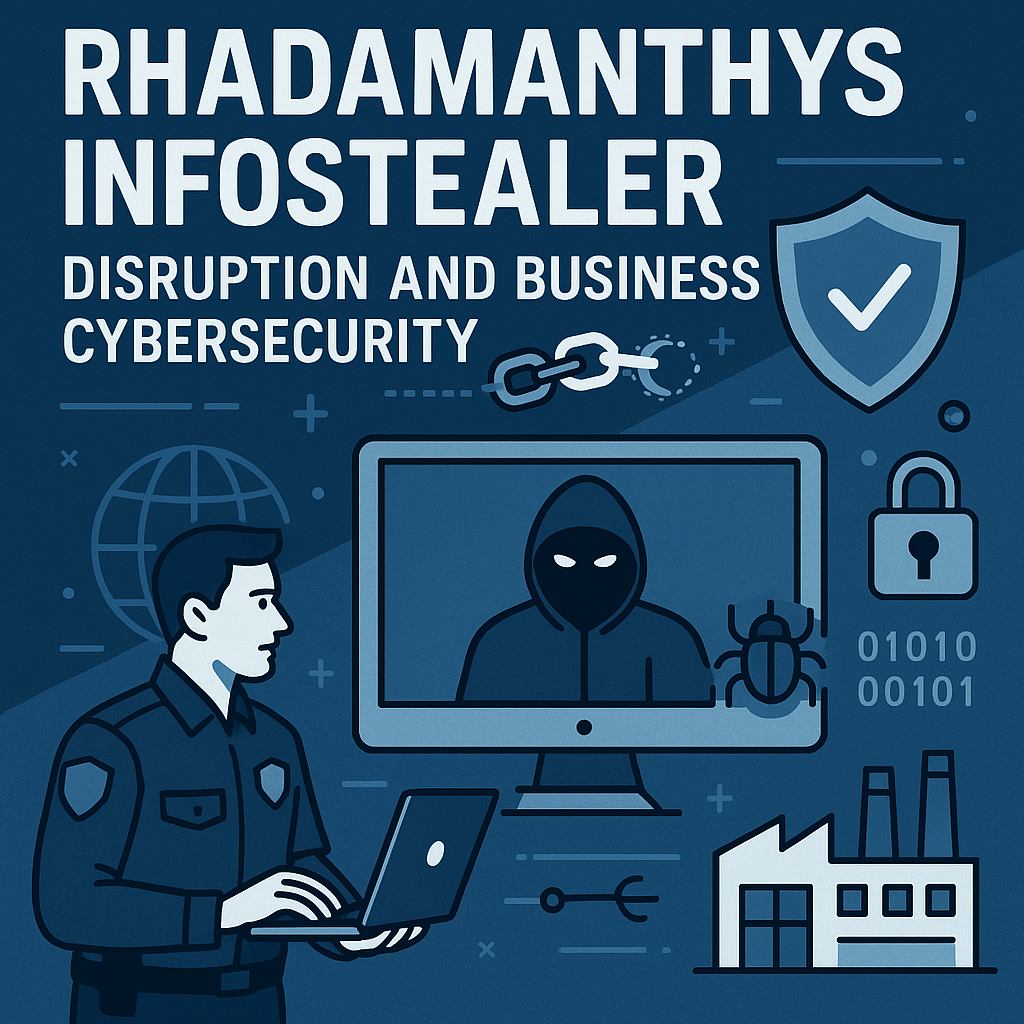
Malicious VSCode Extensions Infiltrate Microsoft’s Registry with Information-Stealing Malware
Recent discovery of malicious extensions targeting Microsoft’s Visual Studio Code (VSCode) Marketplace, specifically naming “Bitcoin Black” and “Codo AI.” It explains how these extensions function as sophisticated information stealers by using techniques like DLL hijacking and hidden execution to compromise developer workstations and exfiltrate credentials, browser sessions, and cryptocurrency wallets. The analysis highlights the critical vulnerability in the software supply chain when developer tools are compromised, leading to far-reaching consequences for organizations. Finally, the text transitions into a discussion about best practices for developers and organizations to mitigate these supply chain risks, including extension vetting and using advanced endpoint security measures, before introducing the company Technijian as a provider of specialized security services to counter these threats. ... Read More



